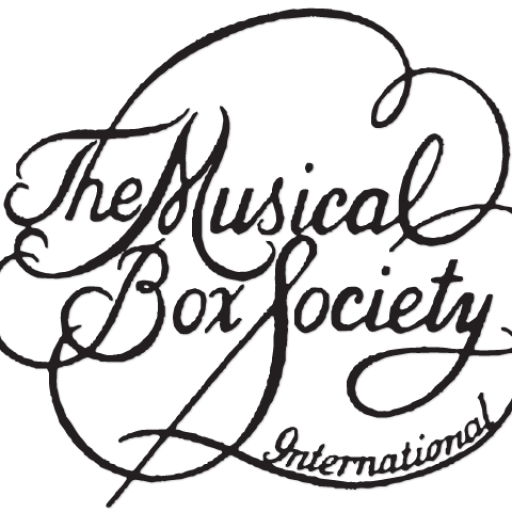German word for son; sons.
solo instrument
Solo section. In an orchestrion, organ, or other instrument a chromatically-tuned (usually) extra instrument (such as a rank of pipes, set of xylophone bars, or bells) which, on occasion, plays the main theme or solo part while the other sections of the instrument play accompaniment. In a fairground organ, a brightly-voiced rank of pipes may play a solo part while other pipes in other sections of the organ provide accompaniment and countermelodies.
sostenuto
Third piano pedal (between soft and sustaining pedals) which sustains selected notes or chords. Found in medium and high quality grand pianos, but only a few of the highest quality uprights.
soundboard, sounding board
A thin wooden board, to which the vibrations of pianos strings, music box combs, or other sound-producing devices are transmitted, usually by means of a wooden bridge. The soundboard, usually found at the back of a vertical musical instrument or the bottom of a horizontal one, amplifies the sound and contributes to the desired tone quality. In almost all pianos, the soundboard is made of quarter-sawn (or vertical grain) spruce, because spruce is the strongest, stiffest wood in proportion to its weight. In music boxes and other mechanical instruments, it is sometimes made of a softer variety of wood.
speakeasy
A place where alcoholic drinks were sold illegally in the United States during the Prohibition era. Many speakeasies featured musical entertainment, including "Roaring Twenties" jazz bands (larger night clubs) or small electric pianos and orchestrions (smaller establishments).
